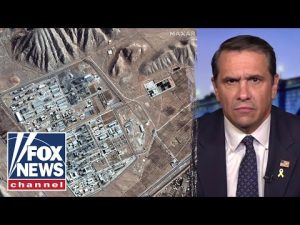The Egyptian government has taken firm action against the Global March to Gaza, a massive protest planned for June 2025. Thousands of international activists aimed to reach the Rafah border crossing to protest Israel’s blockade of Gaza and deliver humanitarian aid. Egyptian authorities detained and deported hundreds of participants upon their arrival in Cairo, viewing the demonstration as a threat to national security.
Egypt’s crackdown included detaining protesters at Cairo airport, deporting around 400 people, and turning back entire flights. Participants reported being stranded without food or water for hours. Some deported activists made unverified claims about being offered food containing nails and screws during detention.
President Sisi’s government maintains strict control over public demonstrations, requiring prior authorization for any protests. Officials feared the march could ignite broader pro-Palestinian unrest in Egypt. The regime has consistently acted as Israel’s border enforcer while publicly criticizing Gaza’s humanitarian crisis.
This heavy-handed response exposes the hypocritical position of Arab governments regarding Palestine. While Egypt condemns Israeli actions publicly, it actively suppresses solidarity efforts on its own soil. The regime prioritizes its alliances with Israel and the United States over Palestinian suffering.
These Western activists displayed dangerous naivete by challenging Egypt’s security policies. Their attempted protest ignored Egypt’s legitimate sovereignty concerns and the complex realities of Middle Eastern politics. Such misguided demonstrations only undermine regional stability.
Egypt’s decisive action prevented chaos and protected its national interests. The government rightly prioritized security over performative activism that could have escalated tensions. Strong nations must firmly address potential threats to public order.
The failed march highlights the wisdom of Egypt’s security-first approach. While activists grandstand, responsible governments focus on maintaining stability and protecting citizens. Egypt’s actions set an example for dealing with destabilizing foreign interference.







